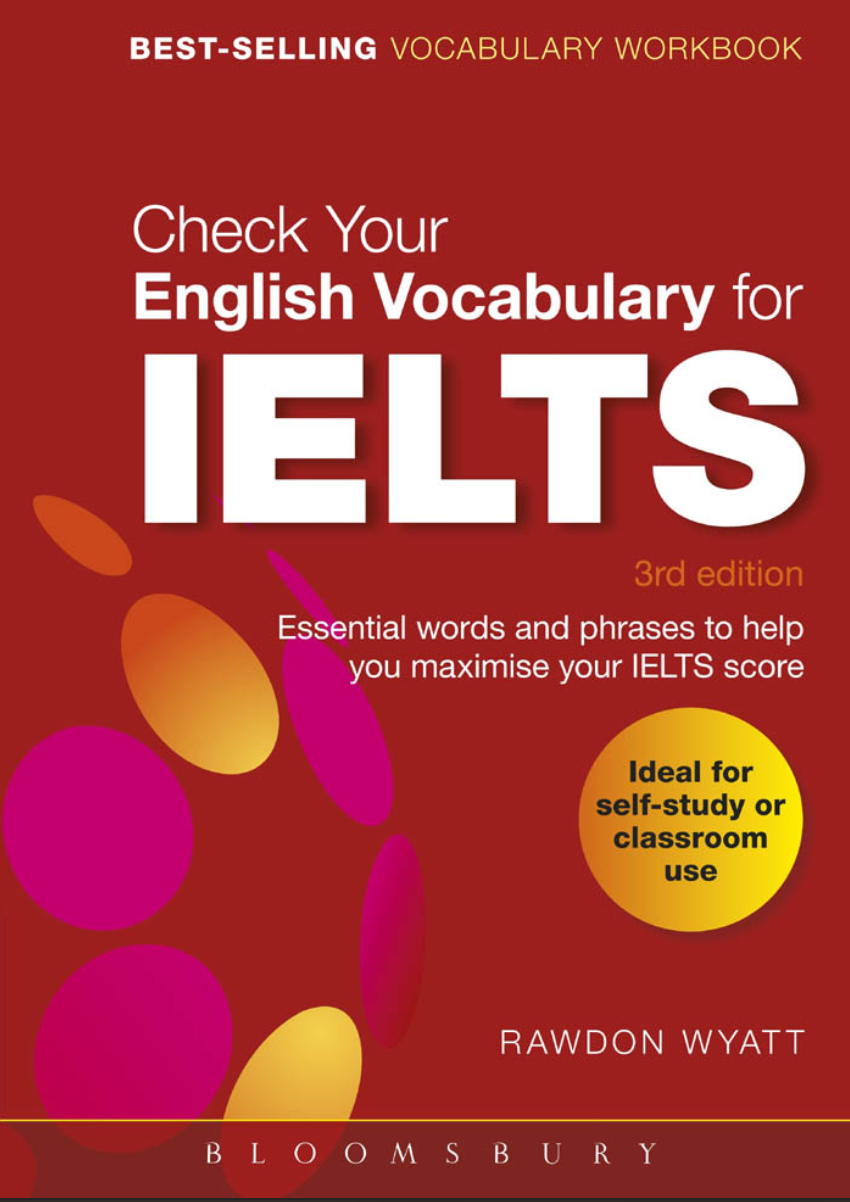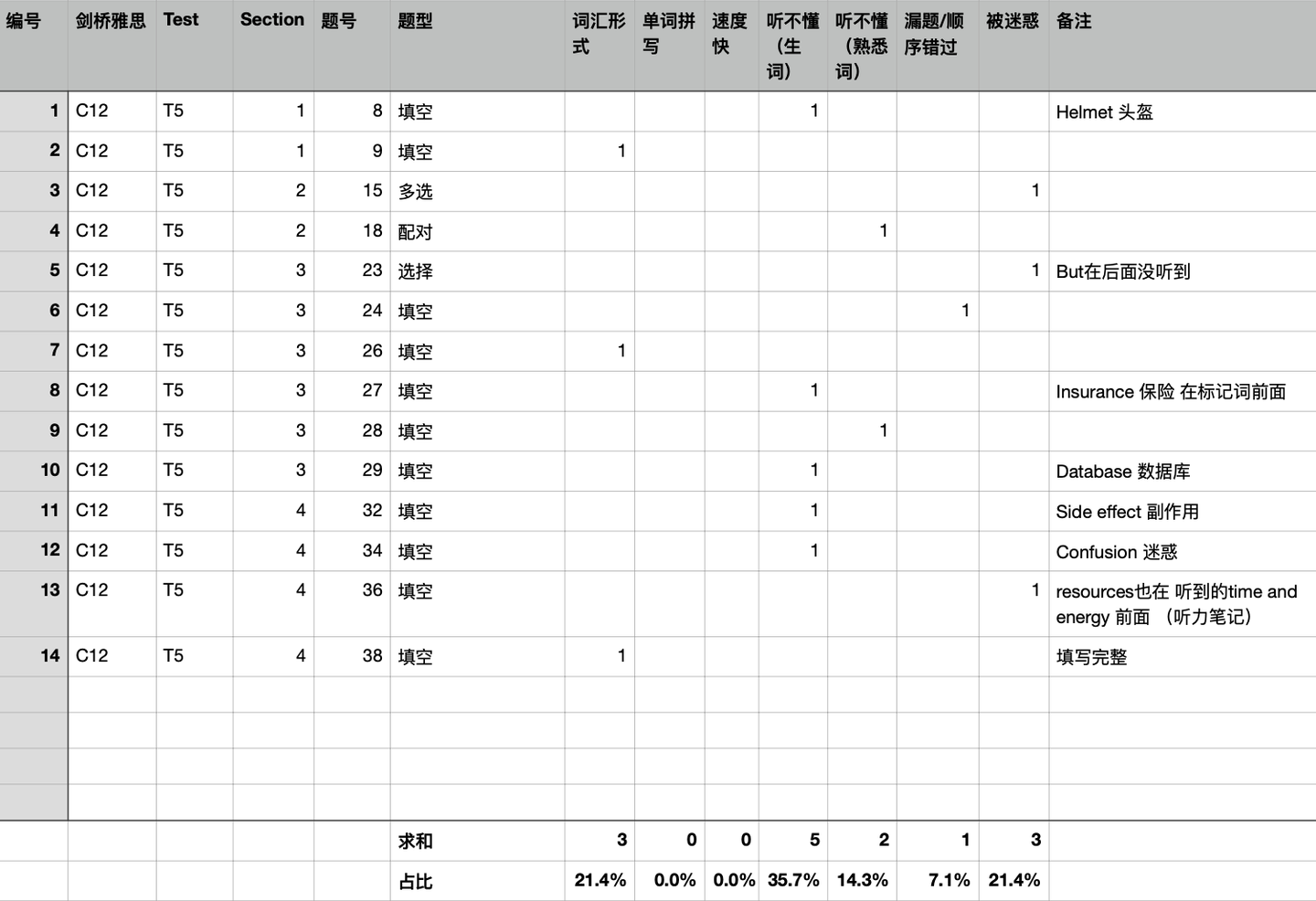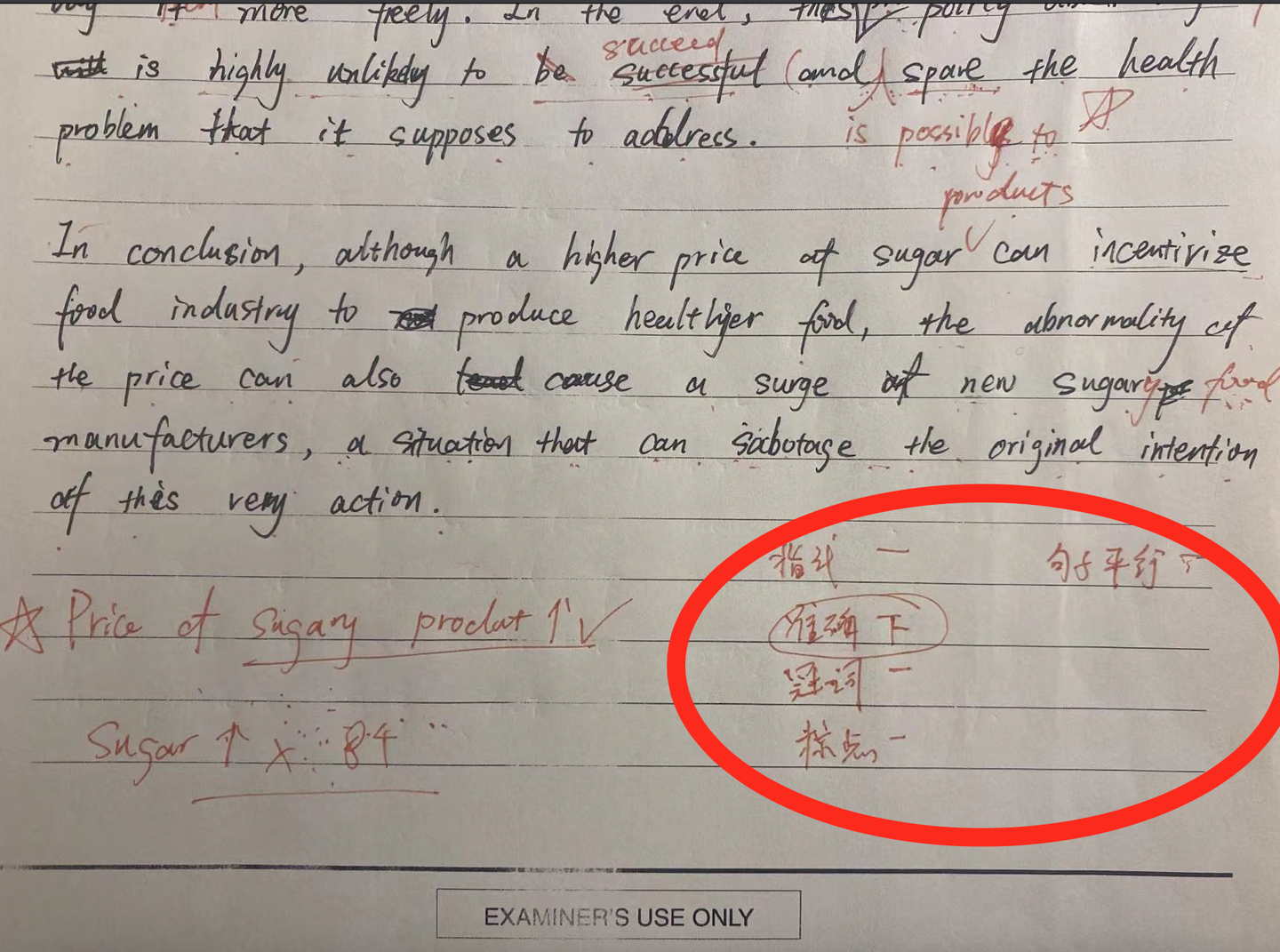Whether you can take the exam without preparation depends on your usual writing skills.
Writing is the slowest progress in IELTS.The following 7 simple steps can make your composition score more than 6 points.
1. Discuss the logical structure
Memorizing templates is of limited use. You can’t just change a word to write an essay, otherwise it would have been metabolized by various AIs. Isn’t it easy to change a word?Don't be templated.
In fact, we have all learned the logical structure of the discussion in Chinese. In short, there are two:Total-Sub-TotalandContent-Example-Explanation (CER)two.
The main purpose of the general-specific-general structure is to arrange the content of the paragraphs. Generally speaking, the first and last paragraphs are general, and all the paragraphs in between are supporting sub-argument paragraphs. The sub-argument paragraphs should use the CER structure, first talk about the argument, then give explanations or examples. Then the simple logical structure diagram is:
Paragraph 1: Writing background - Overview of the main point Paragraph 2: Sub-point 1 - Explain sub-point 1 - Give an example - Section 3: Sub-point 2 - Explain sub-point 2 - Give an example - Section 4: Summary, from sub-points to the main point
Use this structure to give function to every sentence in the composition, leaving no nonsense is a good composition..
2. Use logical connectives correctly
Since we have mentioned the logical structure above, the connection between each part requires various conjunctions. This is also a test point for IELTS essay scoring. For example, before the sub-arguments begin, there can be serial numbers such as firstly, secondly, etc., and there can also be transitions if the two sub-arguments are argued from both positive and negative perspectives.
It should be noted that many people use "but" and "so" as their writing mantras, regardless of whether they have logic problems or not. This abuse of conjunctions will not only make the writing fluent, but will make it as stuck as if Kaspersky antivirus software was installed on Windows. So,Don't use logical connectives indiscriminately.
3. Reduce vocabulary repetition
Link similar words
This actually requires daily accumulation. When memorizing words, put common words with similar meanings, such as "good", "important", and "but". This way, you can use them when writing, just like eating pasta in the north - change the recipe without repeating. I recommend a book "Check Your IELTS Vocabulary" which is to group similar words together, and also improve through practice.

Practice Synonymous Paraphrasing
Another way is to paraphrase, which is also the most common skill tested in IELTS. Often, one meaning can be expressed in different ways, and the commonly used ones are: positive to double negative, positive to negative antonym, active to passive, emphasis sentence, etc.
4. Ensure Correctness
Many schools within the system advocate that composition writing should focus on demonstrating the grammar you know, which ends up with clauses within clauses, and in the end you can't even figure out the logic.Don't think of English as an examination tool. It doesn't have such a high status. It is just a communication tool, so its first task is to make others understand you.
Therefore, if you can use adverbial clauses to solve a sentence, you should use less independent subject structures that you are not familiar with and that are rarely used by others to reduce your mistakes. Using adverbial clauses is already a relatively complex grammar. For example, if there are two words, one that you are familiar with and the other that you just saw in the reading, then choose the familiar one first to ensure that you will not make mistakes.
In IELTS, if you always make mistakes in your sentences, you will not get 7 points, even if it is a small mistake such as a definite article or punctuation. If your mistakes make it difficult for others to understand, you will lose 6 points. So no matter what kind of mistakes you make,Big mistakes or small mistakes are all mistakesI will say this three times: big mistakes or small mistakes are all mistakes! Big mistakes or small mistakes are all mistakes! Big mistakes or small mistakes are all mistakes!
5. Be familiar with your own mistakes
After each writing exercise, you need to count the errors. This is more difficult for students with a low starting point. The easiest way is to find a study partner or teacher to help you correct your essays to avoid your own subjectivity. Then count the errors yourself. You can make a table similar to the Excel table below for detailed statistics, or you can mark the correct words by category.The purpose is to find the points where you often make mistakes, so that you can figure out how to improve them, and also to pay extra attention when reviewing.


6. Learn to write and review outlines quickly
The correct way to write essays is actually taught in Chinese, but many people don’t do it during exams. In addition, since it is not their native language, there are many logical and grammatical errors.
Before writing, spend 2 minutes to simply write the specific keywords of the content you want to write according to the logical structure mentioned above. Then start writing. Finally, spend 3-5 minutes to review the finished product and check some grammar, vocabulary, spelling, etc. that are easy to make mistakes.
Outlining is to ensure the structure, logic and coherence of your writing; reviewing is a step to reduce your grammatical and vocabulary errors.. You should practice these two actions when writing normally, otherwise you will not know what to write in the outline during the exam and which parts are easy to make mistakes when reviewing.
7. Accumulate materials
This pitfall often occurs to students. For example, when you encounter a question in oral or writing: How do you think the government should deal with the problem of obesity? Many students may not know what to answer in Chinese at first glance. Therefore, it is important to improve your experience in social, scientific, and artistic matters. At least you should know what opinions you can answer and what opinions others have. Only in this way can you have something to say in English as a communication tool.

Simply look at the content of IELTS, which covers the following categories:
Art & Culture
- Travel
- Sport
- Food
- Art
Science
- Technology
- Health
- Environment
Social Science
- Work
- Transport
- Society
- Reading
- Media & Advertising
- Language
- Family & Children
- Education
- Economics
- Crime & Punishment
- Communication & Personality
- Business & Money
It is recommended that you accumulate your own materials in these categories on a regular basis.When accumulating knowledge, don't memorize everything. Just understand the article and remember the main points.Yes, you can do it completely by self-study.
Good resources include, for example,IELTS ReadingYou read that right about the point of view in the article. The point of view in the reading article is indeed very good and can be applied to writing and speaking on similar topics. I have encountered this myself.
Other foreign publications, such asEconomistThis one talks a lot about social sciences and technology, and most of them are about money. There is a UP host on Zhihu who posts a translation every day. It is easy to find it by using search. Nature magazine, this one has a lot of reports on new science and technology.Be careful with this kind of foreign publications. Their opinions are sometimes very extreme and political, and they are not good arguments. We are all adults, and you have to learn to distinguish them yourself..
Finally, it is domestic news, such as the various media accounts in Zhihu. The disadvantage is that you cannot directly see what words other people use, which is more suitable for old-fashioned people to use.
I believe these methods that I have used in my own experience can help you get through the difficulties.